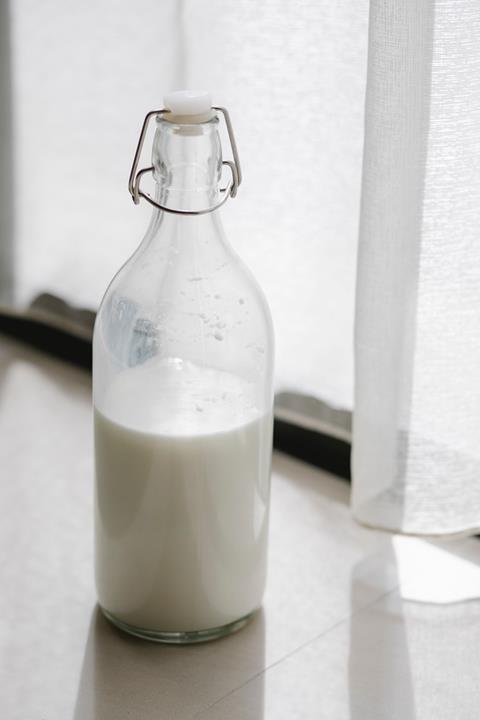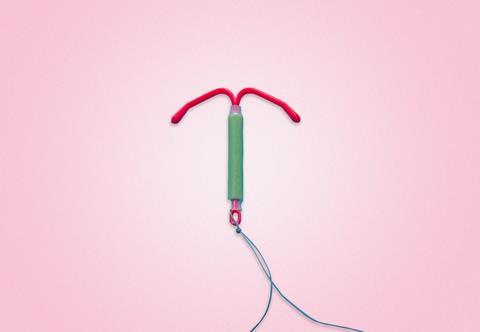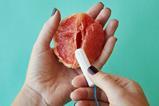Your health questions answered by our resident GP, Dr Olúṣẹ̀yẹ Àríkàwé

Q: My child suffers from eczema. We’ve been prescribed various creams over the years but have recently been advised to cut out dairy. Could you explain what the connection could be between diet and eczema, and what advice would you give regarding the foods to give a child suffering from eczema?
Our body’s immune system can react negatively to certain foods, causing lots of symptoms – including skin reactions. A food allergy occurs several hours or days after the food is eaten and can cause symptoms over a prolonged period. This can be seen in some types of eczema, such as atopic eczema. However, there are other triggers for atopic eczema apart from food.
Atopic eczema is also associated with other atopic diseases such as asthma, hay fever and allergic rhinitis.
The possibility of a food allergy is considered in a child whose symptoms are severe and not responding adequately to the treatment of atopic eczema.
The common foods that children are allergic to are cow’s milk, eggs, peanuts, hazelnuts and cashew nuts. Most children outgrow their allergies and often may be able to tolerate these foods as they grow older.
It’s not easy to give general advice on which foods to avoid; the advice is usually tailored to an individual on a case-by-case basis. Also, be mindful of nutrient deficiency with food avoidance; specialist dieticians can offer an alternative source of nutrition to ensure adequate intake of nutrients in a child’s diet.
For further information on children’s food allergies and eczema, visit allergyuk.org, eczema. org or anaphylaxis.org.uk but be aware that a child with severe eczema and suspicion of food allergy should get support from a specialist allergy service.

Q: My GP offered me a Mirena coil for contraception because I forgot to take my pill. I’m worried to take up this offer because she said I might not have a period for the five years that I will have the coil. Is that not dangerous, and will the blood have any harmful effect later on in life if I don’t bleed monthly? I would prefer to have my monthly periods to know that I’m not pregnant.
Not having a period every month is not harmful. When a woman bleeds during her period, she’s shedding the thickened lining of her womb and the unfertilised egg. Progesterone hormones are known to prevent the thickening of the womb lining.
All progesterone-only methods of contraception (the Mirena coil, mini pill, contraceptive injections and implants) can cause infrequent or no bleeding due to the effect of the progesterone on the womb lining. Some women may still get regular bleeding every month on these methods, but most do not get any bleeding at all, especially with the Mirena coil.
When a woman doesn’t bleed with the Mirena coil, the blood doesn’t get stored up in the body; the lining of the womb is so thin that there is no shedding occurring every month as you would expect in a non-pregnant woman.
If you are worried about the risk of pregnancy, rest assured that the Mirena coil is highly effective and can prevent pregnancy in more than 99 per cent of cases. It is also user-independent; you don’t have to remember to take a pill every day.
YOUR QUESTIONS WANTED
If you have something you would like to ask the doctor, please email womanalive@premier.org.uk
The advice given here is not a substitute for personalised professional advice, diagnosis or treatment. Please consult your healthcare provider for personal health or medical advice.
































